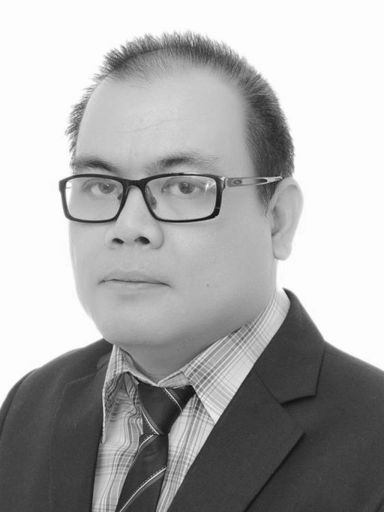
RAMIREZ
On September 23, within the Press Freedom Week Celebration, the academe will tackle the issue of how to prevent the spread of fake news and alternative truths in social media in a research conference organized by the Cebu Association of Communication Educators (CACE).
Carefully selected researches from communication and journalism professors and students not only from local colleges and universities will be presented to the public in the hopes that it will contribute to the publicly known body of knowledge in relation to the proper use of the social media.
The CACE National Research Conference on Journalism and Communication is on its second year and the only one of its kind here in Cebu, and it continues to enjoy the full sponsorship of the Embassy of Canada and the endorsement of the Commission on Higher Education (CHEd).
To name a few of the research presenters, they are University of the Philippines (UP) Professors Belinda Espiritu and Jason Baguia along with fellow Professor Nef Lucson from the Mindanao University of Science and Technology (MUST) in Cagayan de Oro City and Professor Nino Daryll Bicoy of the Visayas State University in Baybay, Leyte.
Veteran journalist and Marshal McLuhan Fellow Ed Lingao of TV5 will give a keynote on how to combat internet trolls who spread alternative truths and fake news on social media.
Lingao is the best person to date to talk about the subject matter having personally experienced being bashed, but he fought back against trolls who spread lies on social media.
The conference will also be attended by the Political Affairs Attache of the Embassy of Canada Warren Mucci and their Public Relations Officer Carlo Figueroa who is himself a communication professor at De La Salle University and a fellow researcher.
The research congress is aimed at sharing research outputs of teachers and students from their academic researches commonly known by many as their undergraduate or graduate thesis that most students bemoan about during the process of its compliance.
The CACE research congress is a vehicle where thesis outputs that are usually left to gather dust after graduation would be shared during the conference to be attended by students and fellow academicians or to be published in an internationally indexed research journal for communication and journalism.
This activity is a direct response to the call of CHEd for colleges and universities to develop the culture of research among its faculty and students in order to develop and present new knowledge that will address the latest phenomena and problems in the society.
Research is not and should not be limited to the academe because it should be a norm especially in the age of social media where everything fake abounds. The practical research will afford everyone to discern and verify information before making opinion or judgment.
In these days where everyone is being afforded the sender role in a mass communication channel, proper research and discernment are needed to determine whether the information that you are consuming is authentic.
In the era where everyone feels entitled to give an opinion on all issues at hand, it is important that everything we put out on social media goes through practical research so as not to expose the sender’s own ignorance or destroy others.
We are what we consume, and our opinions and judgment are greatly influenced by the kind of information that we chomp through in the most convenient medium that almost everyone is using, the social media.
The challenge for this generation is not anymore the mustering of confidence to air out sentiments and what medium to speak out to but on how to deliver the right message to the public that will promote unity and prosperity in a divided country.
Disclaimer: The comments uploaded on this site do not necessarily represent or reflect the views of management and owner of Cebudailynews. We reserve the right to exclude comments that we deem to be inconsistent with our editorial standards.
